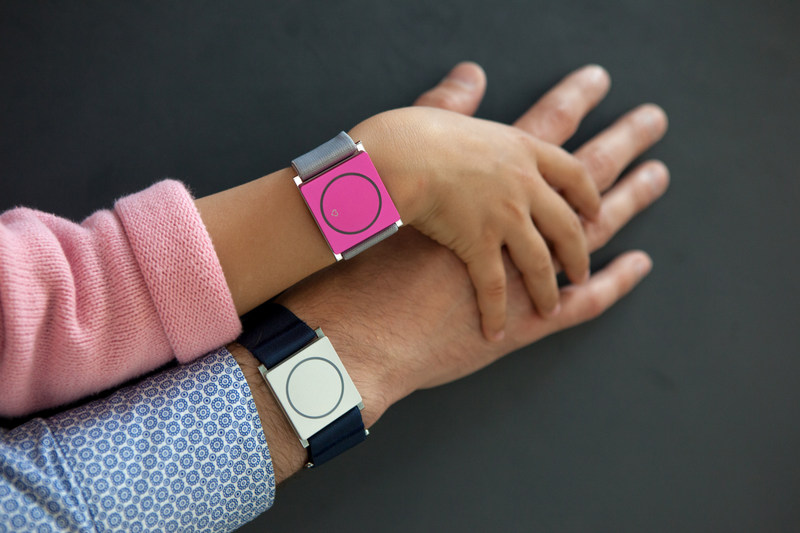
MIT Spinout Syntis Bio Secures $33M for a Novel Approach to Treating Obesity and More
Instead of an engineered peptide to activate gut receptors to trigger metabolic effects, Syntis’s technology forms a coating in intestines that has the effect of redirecting nutrients, mimicking an effect of gastric bypass surgery. In other obesity medicine news, Protagonist Therapeutics revealed a drug candidate that puts it in competition with Novo Nordisk and Eli Lilly, among others.












